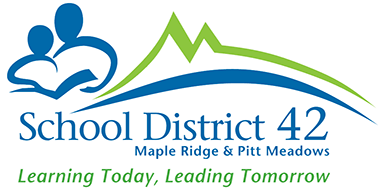The Early Childhood Education programs prepares students to work with young children in a variety of early learning settings. In the certificate and diploma programs, through study of such topics as Child Development, Curriculum Development, and Child, Family & Community – as well as practical exposure through practicum placements in licensed child-care programs – students gain the knowledge and experience needed to apply for certification as an Early Childhood Educator.
Applications are now open for the Spring/Summer 2026 semester.
Registrations will open in February as per below:
Current ECE C, D, IT and SN students – February 9
New ECE C, D, IT and SN students – February 16
New ECEA students – February 23
There are several options of study available in the college’s ECE department:
- ECE-Assistant (see ECE-A program page)
- ECE Certificate: A 41 credit certificate program that allows students to obtain Early Childhood Educator – Basic certification as a licensed ECE. The program takes 3 semesters if taken full time.
- ECE Diploma: a 60 credit diploma program that combines the early childhood educator certificate with post-basic “Special Needs Educator” certification. The program takes 5 semesters if taken full time.
- ECE Post-Basic:
- Special Needs Educator (See ECE Post-Basic Program Page)
- Infant / Toddler Educator (See ECE Post-Basic Program Page)
Graduates may apply for the appropriate Early Childhood Education certification(s) from the ECE Registry in Victoria.
The ECE certificate and diploma programs use a hybrid model of instruction with most courses taught online.
Previous/Current Students: If you are applying for an ECE program and have taken courses at the college before or are currently taking a program, please contact the RMC office at rmc@sd42.ca instead of creating a new application. This will allow us to link your new application to any previously completed courses.

